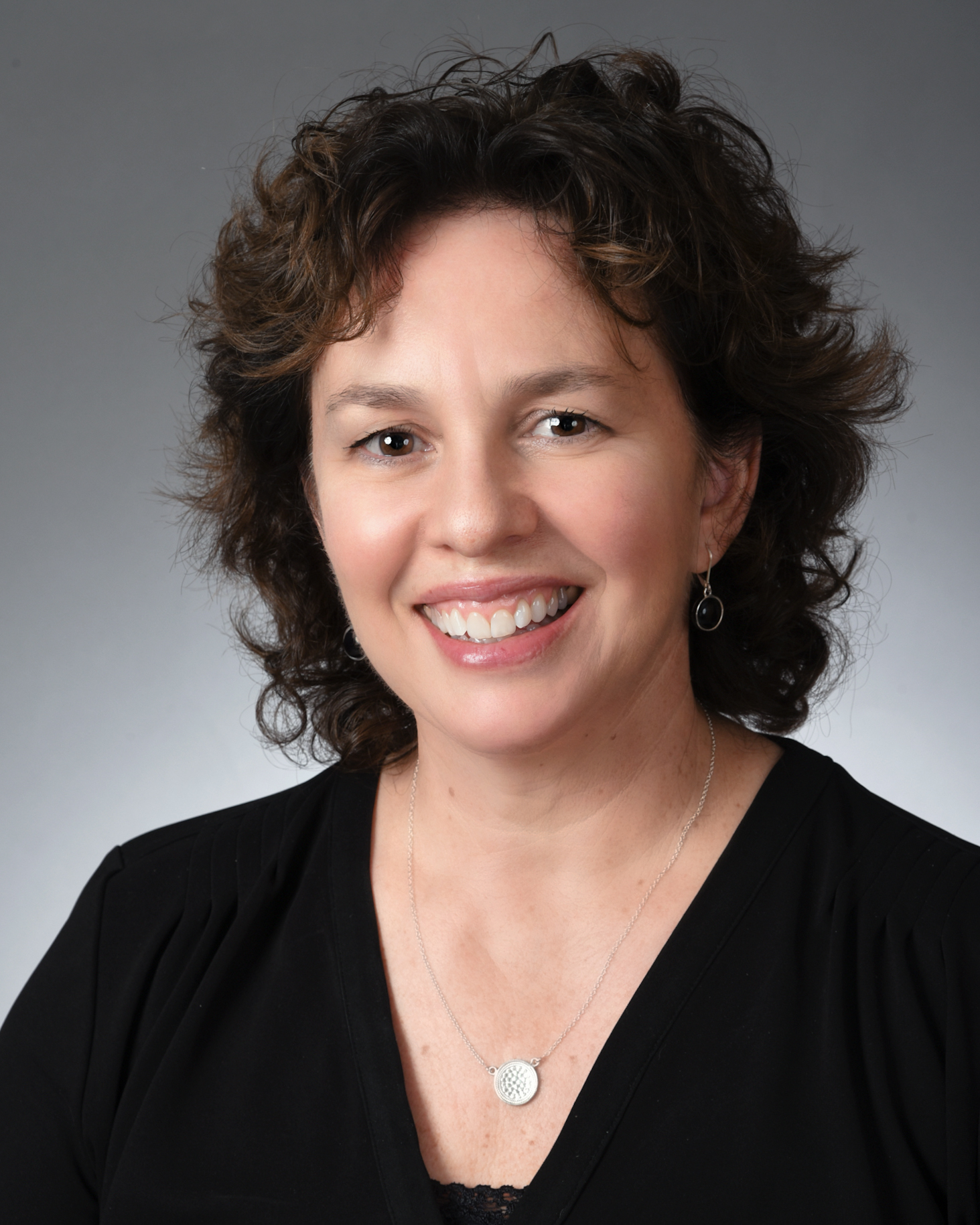Supporting 21st-Century Faculty Development
November 09, 2021 Susan Bindon, DNP, RN, NPD-BC, CNE, CNE-cl
UMSON’s associate dean for faculty development explains why supporting the school’s faculty is critical as they strive for teaching excellence.
Hardworking University of Maryland School of Nursing (UMSON) faculty, along with our staff and clinical partners, prepare future nurse clinicians, leaders, scholars, and scientists. To do so effectively, faculty must maintain their own knowledge and skills.
The faculty role goes well beyond instruction and comprises three main components: teaching, scholarship, and service. Some faculty members also engage in research or maintain their practice in clinical and community sites. Faculty are expected to engage in each aspect of the role as well as contribute to the school’s professional and cultural context. These responsibilities can challenge new (and veteran!) faculty members in terms of the time, skill, experience, and inspiration needed to achieve success.
Earlier this year, I was named UMSON’s associate dean for faculty development. In this role, I support faculty as they strive for teaching excellence. I observe classroom lectures and offer feedback to boost student engagement or to help faculty reconceptualize an online course or design a new learning activity. Regarding service and scholarship, I connect interested faculty with professional development opportunities, guide their efforts to secure education grants, or work with them to submit abstracts or manuscripts to peer-reviewed journals or conferences.
While new to UMSON, this associate dean role feels like a culminating career opportunity for me, as it marries my love for teaching and learning with my extensive background in hospital-based nursing professional development. One benefit of stepping into this new role is having the opportunity to mold it to address the unique needs of our more than 160 full- and part-time faculty and scores of adjunct faculty members across five academic departments and two campuses.
The vast and varied expertise of the school’s faculty is striking. Their skills and knowledge cover areas from pediatric oncology to executive leadership, addiction care, and global health efforts. Even with world-class expertise, however, the faculty role can be daunting. There is always something new to learn, do, share, create, or revise to ensure that we deliver the right education in the right way at the right time and in the right “dose” to help students meet their goals and our program outcomes.
Teaching has become more challenging than ever over the past few semesters. UMSON faculty managed to adapt quickly by working together, thinking creatively, and having the courage to try new approaches when the COVID-19 pandemic changed the way we teach and learn. Student evaluation scores remained consistently high across programs, affirming the faculty’s commitment to excellent teaching. We hope to leverage the lessons learned during this time about what’s possible and what works and apply them to our future practice. Students’ expectations and the health care landscape continue to evolve, and we must be ready to respond.
There is a great need to support faculty as senior colleagues retire and new faculty members come on board. Similar to new nurses during their first year, faculty — even those with prior teaching experience — can encounter a transition to practice in a new setting. To this end, I’ve delivered short, focused “Teach in 10” micro-lessons during the school’s biweekly Town Halls, which began in fall 2020 to help faculty and staff stay connected and informed while they were teleworking.
I meet with as many new faculty members as possible and support others who are considering promotion or who request fresh eyes in terms of their teaching design and delivery. And thanks to generous support from the Maryland Higher Education Commission’s Nurse Support Program II, funded by the Health Services Cost Review Commission, I manage a statewide grant to prepare clinical instructors for all of Maryland’s nursing programs; over 200 clinical instructors have completed the program.
I am excited and grateful for the opportunity to support faculty in their teaching, service, and scholarship efforts and look forward to working along with UMSON’s Institute for Educators, which prepares nurses for faculty and educator roles and provides professional development for faculty and educators, to continue supporting current and future nursing faculty.
(Susan Bindon is associate professor and associate dean for faculty development at UMSON)
Disclaimer: Elm Voices & Opinions articles reflect the thoughts or opinions of their individual authors, and may not represent the thoughts or values of UMB as an institution.